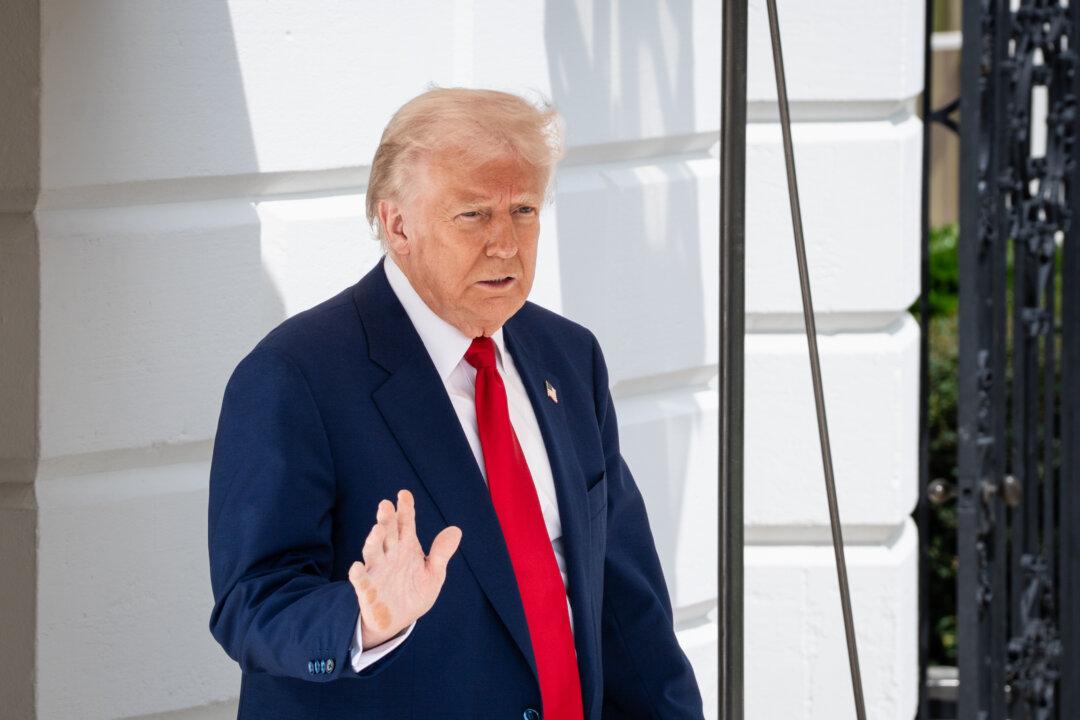President Donald Trump shot back at the Chinese regime after Beijing imposed retaliatory tariffs.
“China played it wrong, they panicked—the one thing they cannot afford to do,” the president said in a post on social media platform Truth Social.

President Donald Trump shot back at the Chinese regime after Beijing imposed retaliatory tariffs.